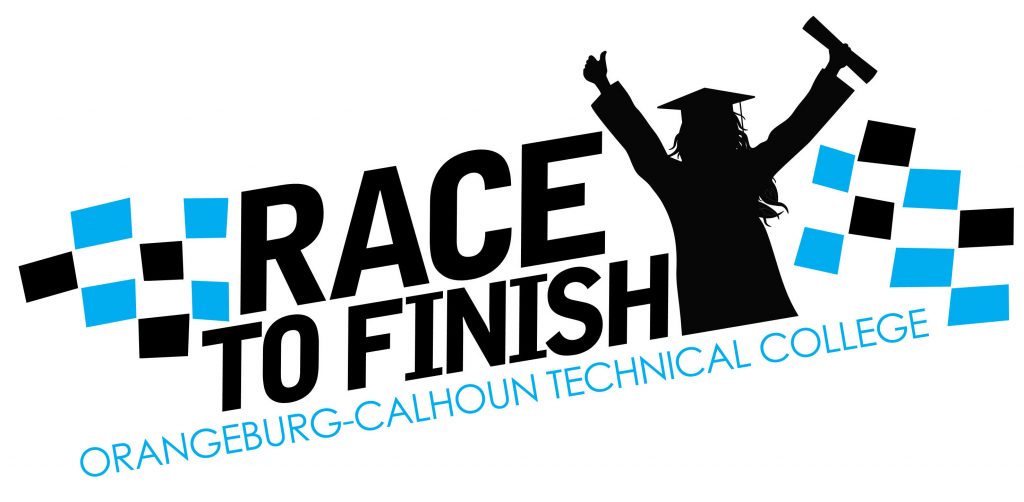
The RACE to Finish project is designed to promote retention and completion for students who are currently enrolled at OCtech, as well as students who are close to completion (50% or more credits earned) who stopped-out because of challenges faced during the COVID-19 pandemic. A total of $952,262 was awarded for the two-year project.
To accomplish this goal, the College has established the following objectives:
- Increase the number of Black students that re-enroll who stopped-out during the COVID-19 pandemic beginning in Spring 2020.
- Increase the completion rate of Black students who stopped-out during the COVID-19 pandemic beginning in Spring 2020 and are re-enrolled.
- Increase the Fall-to-Fall Retention Rate of Black students enrolled in OCtech AAS degree and related certificate programs.
The College’s annual percentage of stopped-out students for academic years 2017-2021 is as follows:
2017-35.27%;
2018-37.63%;
2019-33.24%;
2020-37.46%;
2021-35.94%.
The percentage of degree/certificate-seeking undergraduate students who are Pell grant recipients for the 2020-21 AY is 59.95%.
The RACE to Finish project addresses both the absolute and invitational priorities and will focus on two main improvement strategies. The first is a First-Semester Experience initiative that encompasses college-wide activities, rather than the traditional first-year/first-semester experience course, including expanded college-wide orientation activities; a revamped advising process and a designated advisor for each division to provide appreciative advising and manage new student registration and free up faculty advisors so they can focus on coaching; an online course success tutorial; and community-building activities. The revamped advising process will be the basis for the evaluation study. Project activities related to advising will serve as promising evidence for the study and the What Works Clearinghouse Practice Guide on Effective Advising for Postsecondary Students will provide replicable best-practice recommendations. The second strategy will be to expand and strengthen a campus-wide flexibility initiative that includes creation of two seven-week terms in Fall and Spring semesters with increased hybridization and simulation, as well as the addition of the Weekend Warrior College program to provide working adults with open labs on Fridays and Saturdays.

